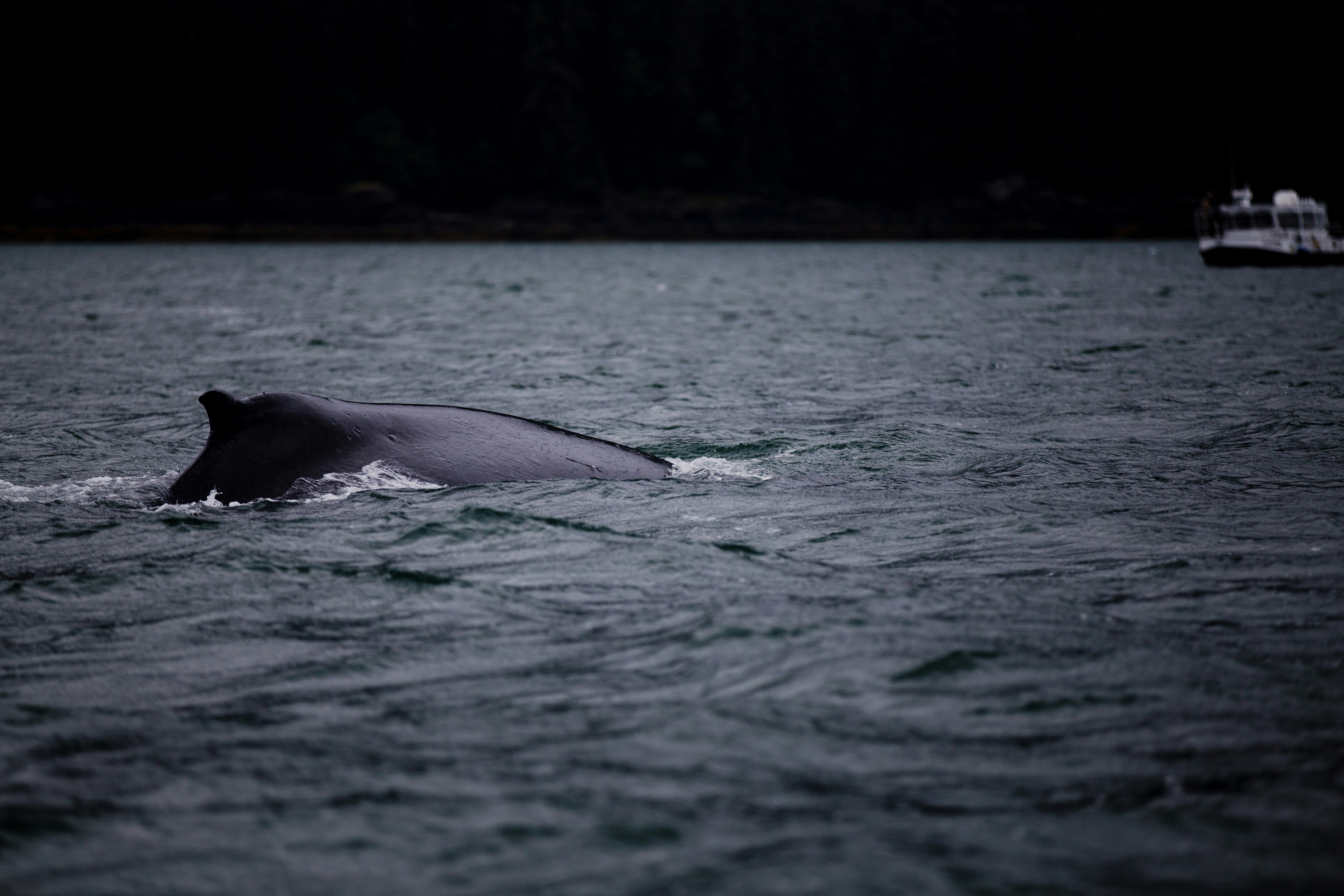Expert Reaction
These comments have been collated by the Science Media Centre to provide a variety of expert perspectives on this issue. Feel free to use these quotes in your stories. Views expressed are the personal opinions of the experts named. They do not represent the views of the SMC or any other organisation unless specifically stated.
Dr Louise Wilson is a Research Fellow in Marine Science at the Leigh Marine Lab, University of Auckland
Marine protected areas should be designed to consider all stressors in the marine environment - not just fishing.
"Recent research by our group at the University of Auckland, and elsewhere overseas, has shown that marine protected areas do not function to protect marine species from sound pollution.
"Many species in the marine environment rely on sound to communicate, breed, find prey, and avoid predators. Sound pollution, such as noise from boats, impacts their ability to do this. Existing marine protected areas which are small in size and marketed for tourism fail to protect marine species from sound pollution. Broader thinking is needed to design marine protected areas to mitigate sound pollution - such as restricting boat traffic and/or implementing larger protected areas with boundary zones where boating is not allowed.



 New Zealand
New Zealand



